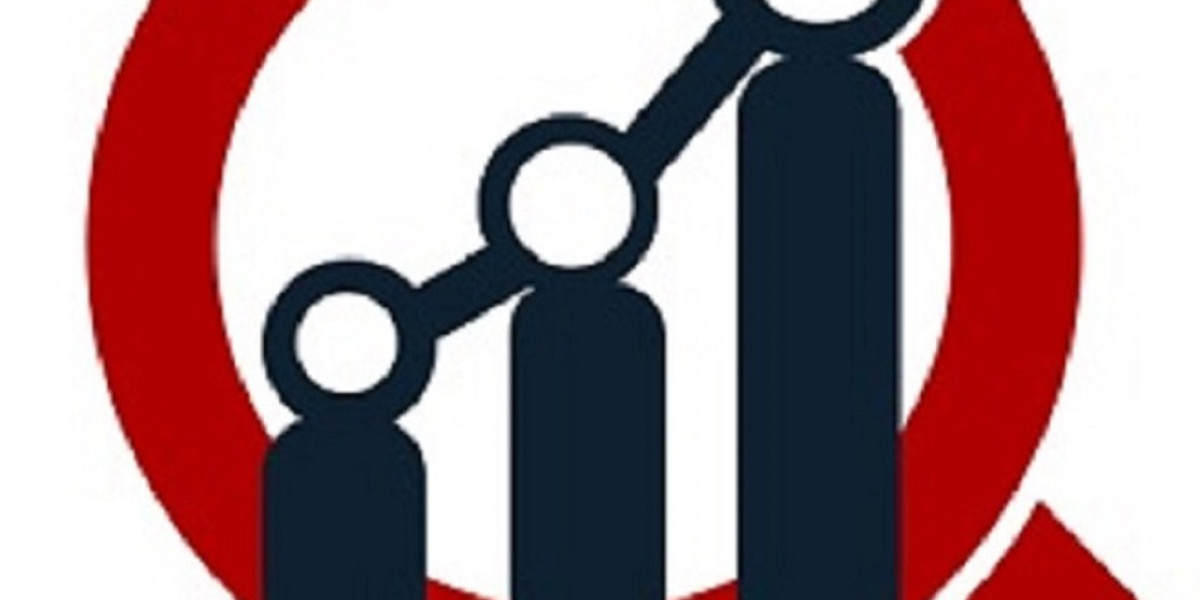The Islamic Finance Industry has emerged as a rapidly expanding sector in global financial markets, offering Sharia-compliant products and services that cater to ethical and interest-free financial practices. Driven by increasing demand for transparency and risk-sharing principles, Islamic finance provides a robust alternative to conventional banking, particularly through instruments like sukuk, takaful, and profit-sharing investment accounts.
Islamic banking is at the core of this industry, emphasizing financial inclusion, ethical investment, and adherence to Islamic principles. The sector is witnessing growth not only in traditional strongholds like the Middle East and Southeast Asia but also in regions showing rising interest in Sharia-compliant solutions. As investors seek stable and ethically-aligned opportunities, Islamic banking products are becoming an integral part of diversified portfolios.
In parallel, the financial ecosystem is evolving with the adoption of modern technologies and digital solutions. The Real Time Payment Market is contributing to faster, seamless, and more secure transactions, enhancing the accessibility of Islamic financial services globally. Similarly, consumer financing trends, such as those in the GCC Personal Loans Market, are influencing the expansion of Sharia-compliant lending options, catering to individual and corporate needs while maintaining ethical standards.
Analysts suggest that Islamic finance offers resilience during market volatility, given its risk-sharing and asset-backed approach. Institutions are increasingly leveraging innovative products, digital platforms, and customer-centric strategies to meet rising demand. The integration of Islamic banking principles into global financial systems has positioned this sector as a viable and sustainable alternative to conventional finance.
Looking ahead, the Islamic finance industry is poised for continued growth, supported by regulatory reforms, technological adoption, and a growing investor base that prioritizes ethical and transparent financial solutions.
FAQs
Q1: What is Islamic finance?
Islamic finance refers to financial services and products that comply with Sharia law, prohibiting interest (riba) and promoting risk-sharing and ethical investments.
Q2: How does Islamic banking differ from conventional banking?
Islamic banking operates on principles of profit-sharing, ethical investments, and interest-free lending, ensuring all transactions align with Sharia law.
Q3: Can Islamic finance benefit non-Muslim investors?
Yes, Islamic finance offers ethical, risk-mitigated investment options suitable for any investor seeking transparency, stable returns, and socially responsible financial solutions.








